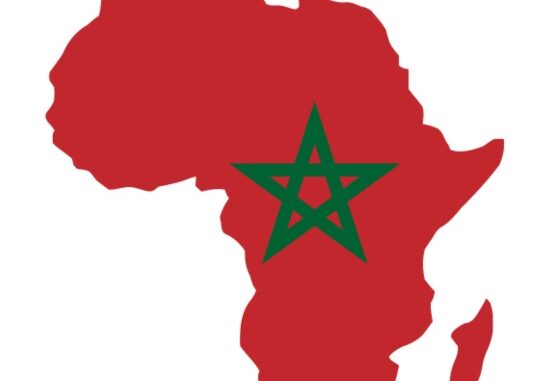
Driven by a firm conviction that Africa’s socio-economic development depends on fruitful and beneficial cooperation among all African countries, Morocco, under the leadership of King Mohammed VI, has multiplied initiatives that bring hope to the Continent.
The Nigeria-Morocco Gas Pipeline megaproject, the Africa-Atlantic Initiative, substantial investments by major Moroccan groups in Africa, the cancellation of the debt of the least developed African countries, and the enhancement and preservation of the Pangalanes Canal in Madagascar are among the actions that illustrate the Sovereign’s special attention to the development of Africa.
Since his enthronement, the King has infused new dynamism into the Morocco-Africa partnership, driven by an unwavering belief in the community of destiny and the imperative to unite efforts to enable Africa to achieve its rightful place.
Thanks to this royal will, Morocco has forged fruitful partnerships with various African countries. Over 1,500 cooperation agreements now link the Kingdom to the continent’s states, reflecting the Sovereign’s constant commitment to rich and diverse intra-African cooperation.
This commitment to a prosperous Africa has never wavered, being at the heart of the Kingdom’s foreign policy, which has always ensured that the Continent is central to its strategic choices.
“Africa is a choice of heart and reason. It is a clear and voluntarist choice, materialized by our commitment through numerous initiatives that energize and promote inter-African cooperation and economic development. A choice to make investment today a driver of economic and social development and regional and continental integration in Africa,” affirmed the King in a message addressed to the African Sovereign Investors Forum in July 2022.
To realize the royal vision of a prosperous Africa, the Sovereign has made numerous visits to various countries on the continent, where he has launched large-scale projects serving “win-win” partnerships.
Among these flagship projects aimed at promoting regional integration is the Nigeria-Morocco gas pipeline project, and the creation of an institutional framework bringing together the 23 Atlantic African states to consolidate shared prosperity in the region. The Sovereign made another initiative, meant to give Sahelian states access to the Atlantic Ocean, and consequently transform the economy of these countries and beyond.
According to many foreign officials, this ambitious Initiative, which aligns with the King’s multidimensional approach dedicated to the continent, will lead to a real transformation within the region.
This Initiative “aims to create a space of development, solidarity, and stability on the continent,” said Gambian Foreign Minister Mamadou Tangara in a statement on the occasion of Throne Day celebrated by Morocco on July 30.
A view shared by the Vice President of the Republic of El Salvador, Félix Ulloa, who believes this pioneering Initiative “is likely to consolidate regional economic integration and foster an environment conducive to growth and sustainable development.”
In this vein, the Pan-African Parliament described the royal vision as “ambitious and inclusive,” aiming to realize the dream of a prosperous and interconnected Africa.
The King’s initiatives in favor of a thriving Africa are not limited to the public sector. In addition to interstate commissions established during royal visits to Africa, the Kingdom ensures an increasingly active role for the private sector, to enable Africa to establish itself as a preferred destination for both Moroccan and foreign investments.
As put by Jean Claude Martinez, a French politician and legal scholar, driven by the King’s enlightened leadership, Morocco positioned itself as a great African power.
The stature enjoyed by the Kingdom is the result of several years of institutional, political, and economic reforms that have consolidated the foundations of a modern, prosperous, stable, and globally engaged Morocco, explained this former Member of the European Parliament and Emeritus Professor of Law at Paris-II University.
The academic who highlighted the economic growth and societal advancements achieved under the Sovereign’s guidance, called for “reflection around the Mediterranean where Morocco, the only stable country in the South of this region, will play a key role in addressing the various challenges we face.”
